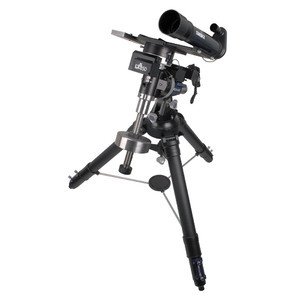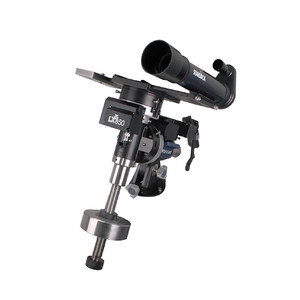Glossary | Telescopes | General | Series | LX850
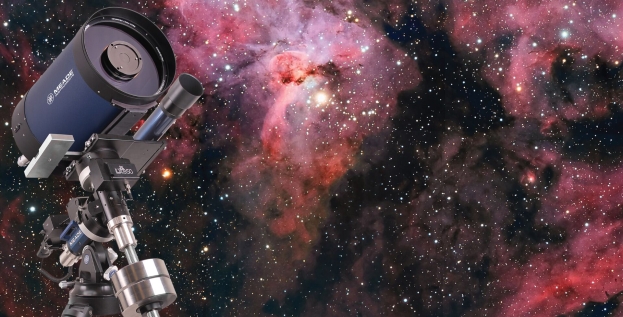
Telescopes from Meade's LX850 series are the result of decades of development. They are the gold standard for astrophotography and visual performance with a high level of user-friendliness!
The LX850 series comprises compact Schmidt-Cassegrain optics a with fast aperture ratio of f/8. Like all Meade SC optics, the LX850 are also optically corrected. This ACF technology guarantees a high-contrast, sharp image right to the edge. The focusing system allows precise focusing with the 7:1 reduction, and it does this without any irritating main mirror shift! It therefore meets the high demands of astrophotographers.
The LX850 mount carries the optics with every conceivable accessory without a problem. The computer control (GoTo) is equipped with StarLock cameras for precise tracking for astrophotography. StarLock and the built-in GPS also ensure a quick and easy initialisation of the mount at the start of an evening’s observing. The LX850 has all the technology needed for observing fun and successful photography on board!
Advanced Coma-free Optics (ACF)
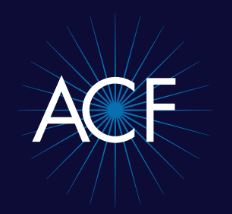
Meade's ACF optical design eliminates the typical aberrations of all mirror optics. Thanks to ACF, the stars are also point-shaped right out to the edge of the image field, displaying no elongated comet-like distortions. This is achieved by employing a hyperbolic secondary mirror, delivering very good images also away from the optical axis.
The image field is flatter than that of classic Schmidt-Cassegrain telescopes.
ACF optical systems show their strengths, especially in astrophotographic applications.
Ultra-High Transmission Coatings (UHTC)
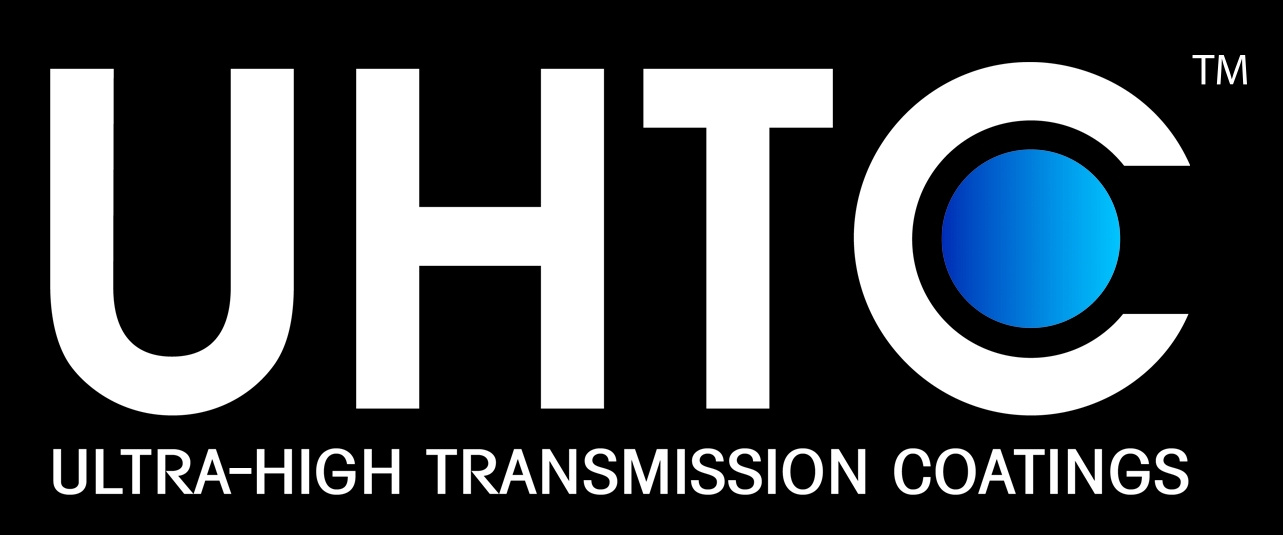
UHTC is a special multi-layer coating on the front correction plate and provides up to 15% more light transmission.
The result: brighter star clusters, finer details in nebular objects and more surface detail on planets!
AutoStar II

Explore the universe with a simple push of a button. Automatically move the telescope (GoTo) to any of the 145,000 objects stored in the object library. For example, planets, objects of the Messier Catalogue, NGC Catalogue and 227 named objects. Take a guided tour of the night sky, tailored for your location and any given night of the year. Access a glossary of astronomical terms.
The AutoStar II handbox fits comfortably in your hand and is easy to use, thanks to the logical structure of its menus.
StarLock

StarLock is the revolutionary technology that makes target acquisition (GoTo) on your imaging sensor and accurate guiding during exposures completely automatic. StarLock uses 80 mm f/5 optics and a super wide-angle lens, each with their own camera that immediately captures a field star as dim as 11th magnitude and then guides to an accuracy of one arcsecond. There's no need for a separate guide or a computer.
StarLock automatically handles periodic error correction (PEC).
Meade Smart Drive
As the telescope shows a magnified image of any astronomical object, an astronomical mount must be very precise. Even small deviations may interfere with longer exposure time images. But small fluctuations will always be present as the worm shaft, which is part of the drive, can never be absolutely perfect. These periodic fluctuations can be detected and compensated for by the computer control. Smart Drive technology enables this ‘permanent periodic error correction’ (PPEC).
Meade Smart Mount

The Smart Mount technology improves the accuracy of the telescope's GoTo system. Although the mount is mechanically very rigid, there is still some inaccuracy due to flexing and the change in mechanical stresses that occurs during slewing.
With the help of the Smart Mount technology, the telescope can detect and correct systematic errors when tracking celestial objects, regardless of their cause. This is particularly interesting for fixed-mount telescopes, as the errors there are reproducible.

